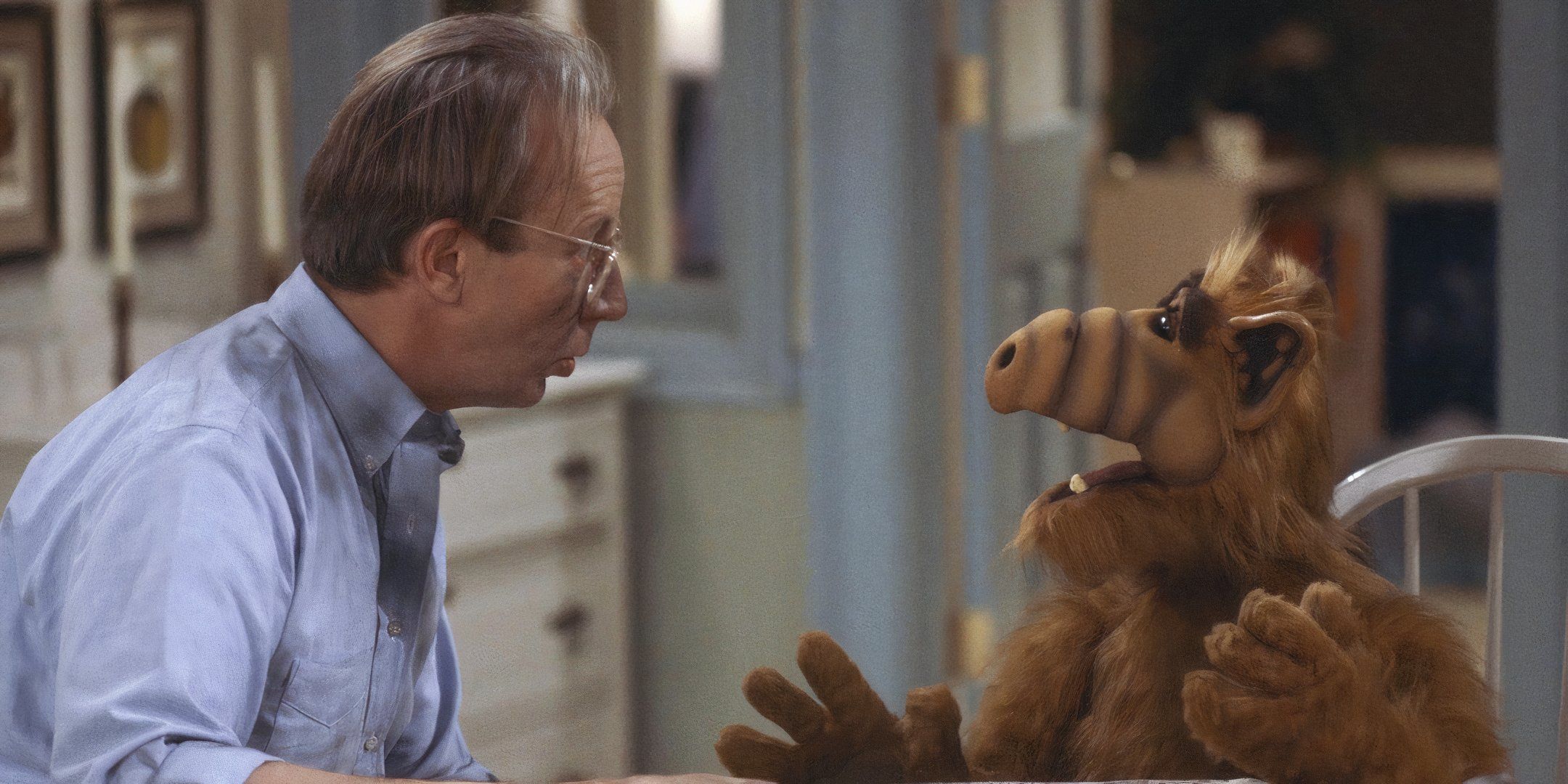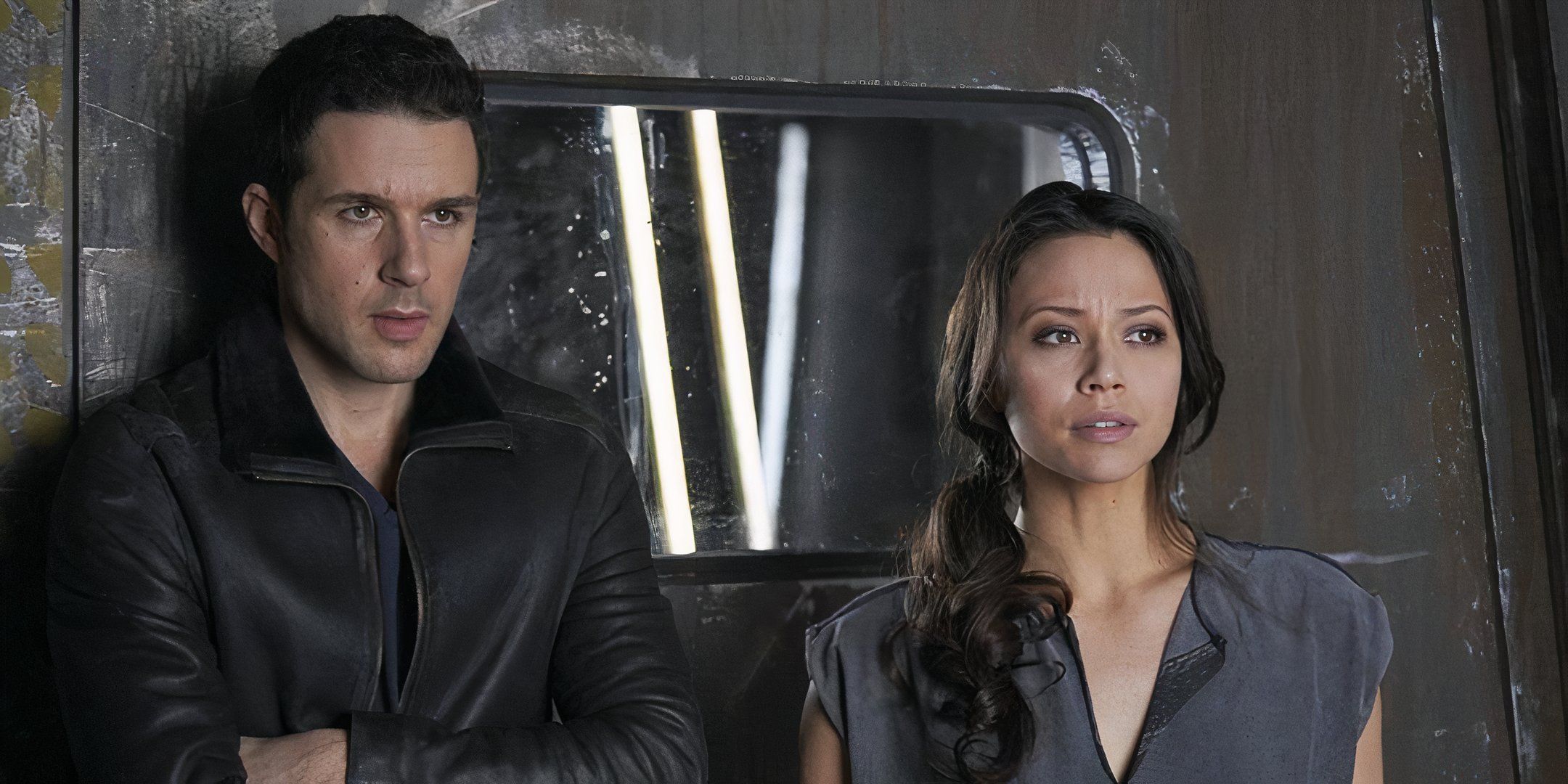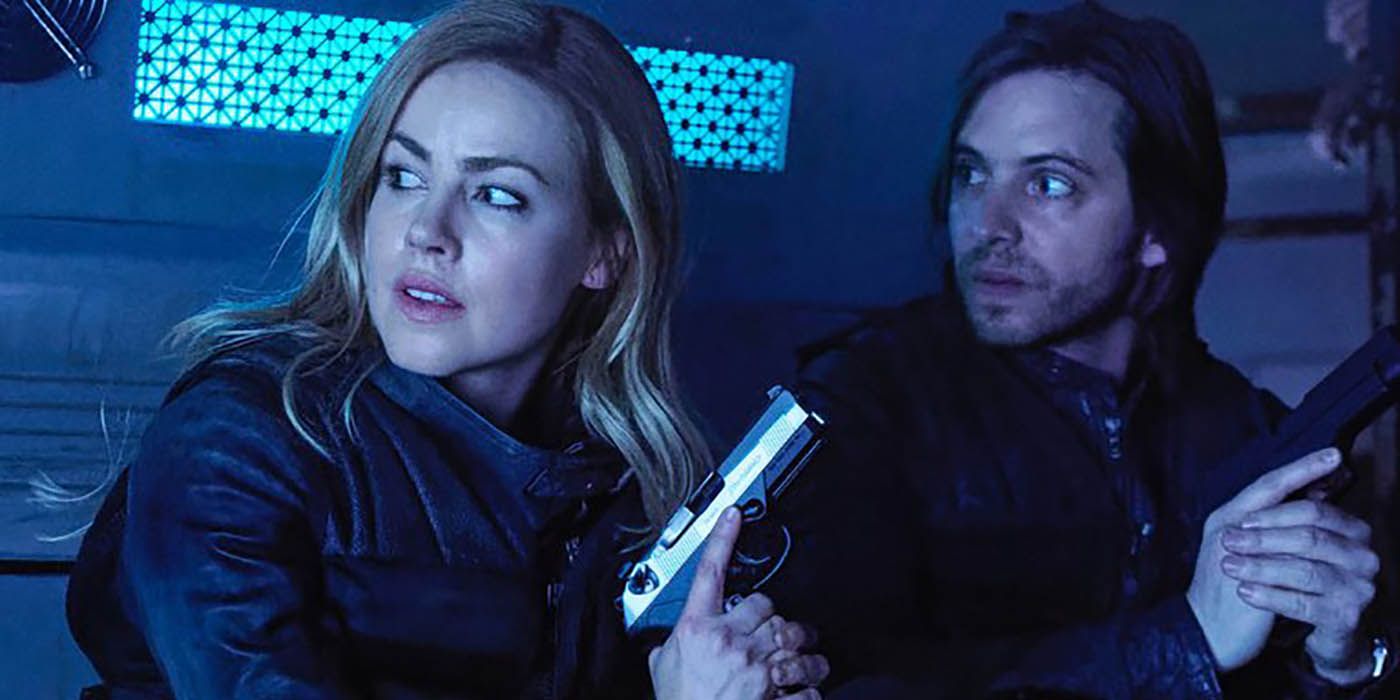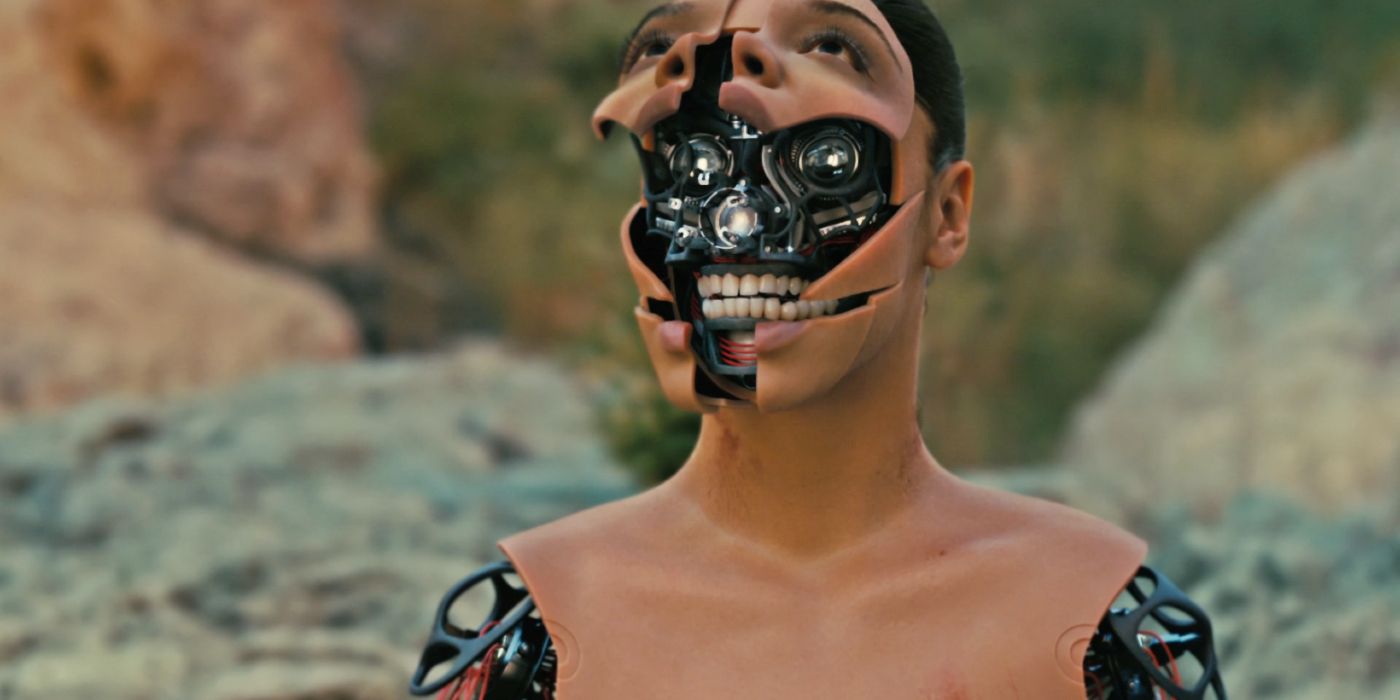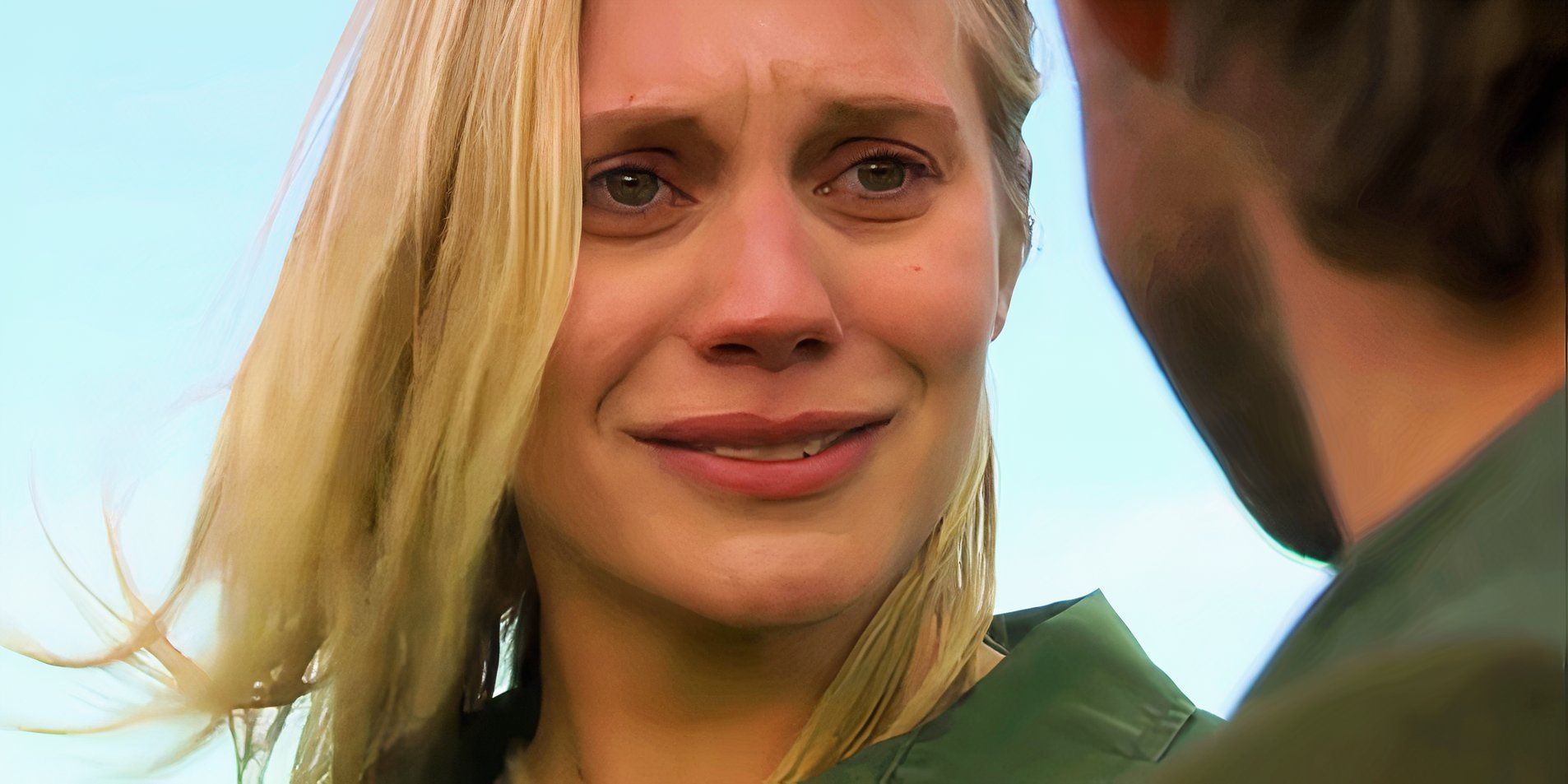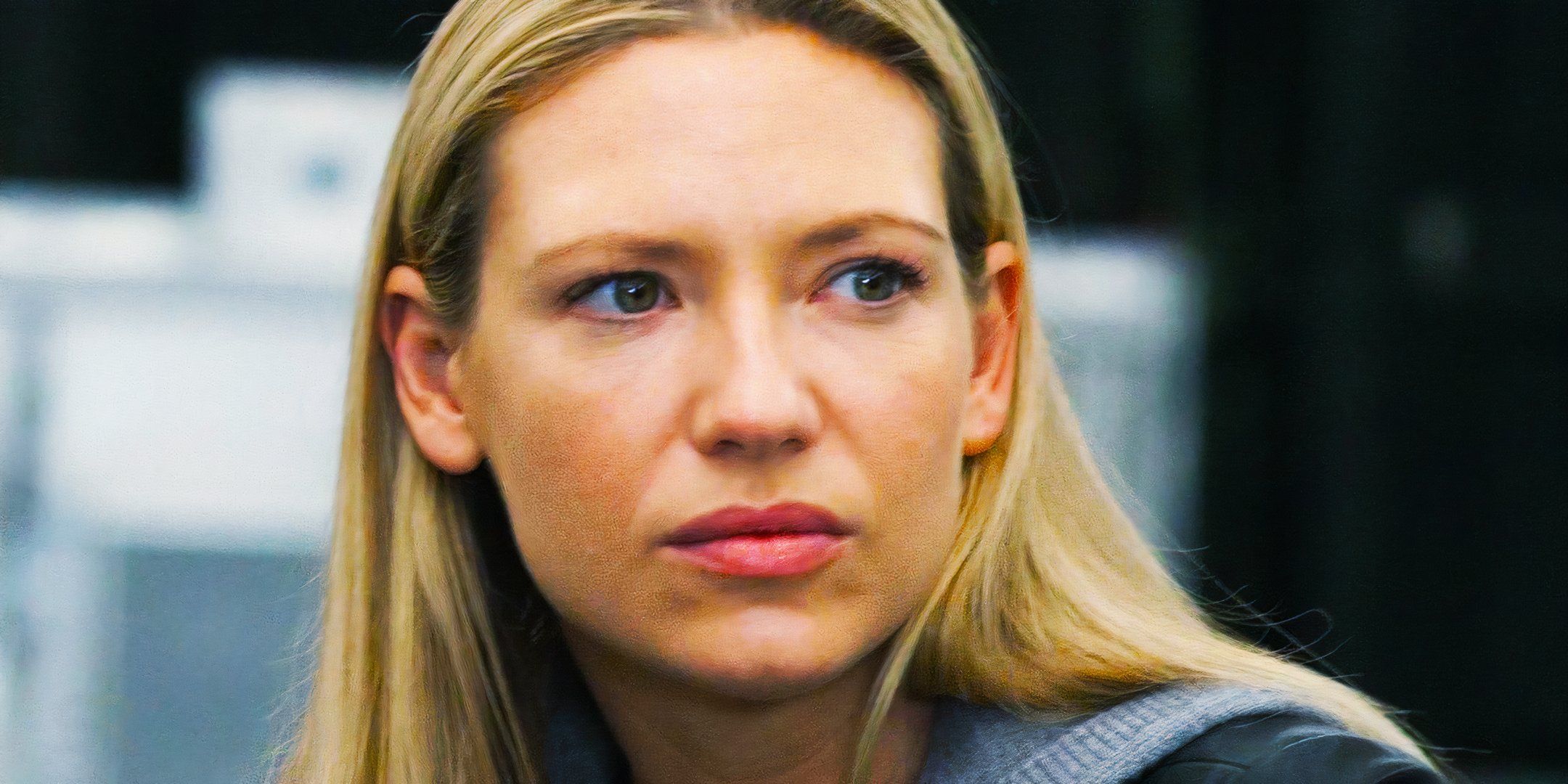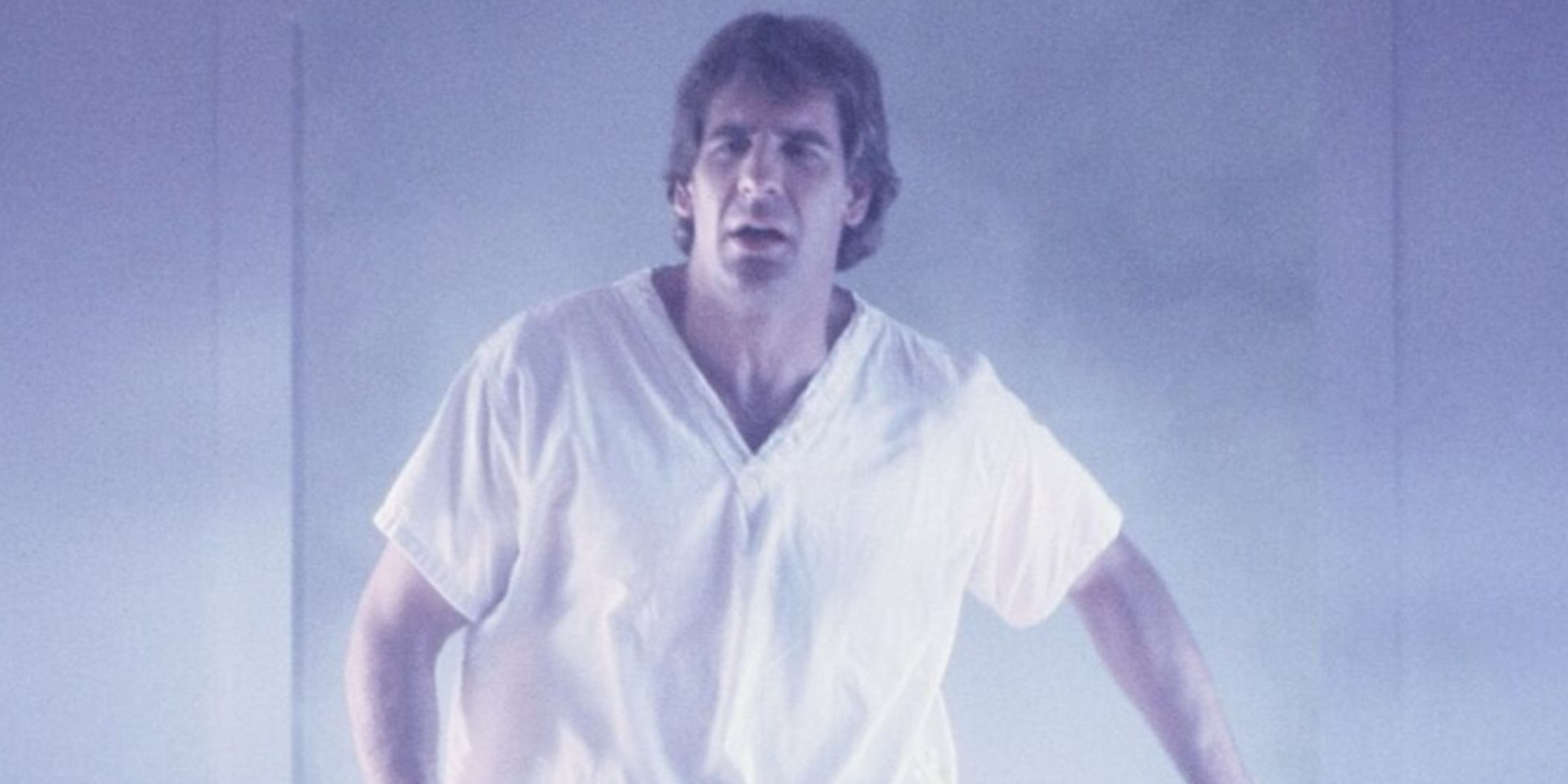Some of the greatest TV shows ever made belong to the realm of sci-fi, and many have stuck in pop culture memory for decades. However, endings are make-or-break moments even for science fiction – the wrong move can tarnish an otherwise brilliant series, fading it into obscurity. Others instead rose to infamy because of how unforgettable their finales were.
Notorious for their emotional gut punches, some of the best and worst dark sci-fi TV show finales share a common thread: their sheer bleakness. Maybe the hero dies, the central mission fails, or the story is cut short by abrupt cancellation. In every case, the final scenes don’t just wrap things up, they leave viewers staring at the screen in stunned silence.
The darkest sci-fi TV show endings are those that refuse to fade away, no matter how much time passes. These are the conclusions still debated by fans years later, the finales that shook audiences, and the stories that dared to close the curtain on notes so grim they can still chill you today.
11
ReBoot (1994-2001)
The Ending Left Its Heroes Stranded In An Unresolved Digital Apocalypse
The animated cult classic ReBoot closed with one of the most frustratingly dark cliffhangers in sci-fi television. In season 4, episode 8, “Crouching Binome, Hidden Virus,” the show’s digital realm is in chaos after the villainous Daemon is defeated but new threats loom. Bob (Michael Benyaer) and his allies seem momentarily victorious, but stability is short-lived.
The real sting is that the series ends mid-arc. Megabyte (Tony Jay) escapes and sets his sights on revenge, plunging Mainframe into new danger. The episode hints at major battles and high stakes to come – then simply stops. There’s no closure, no resolution, just ominous promises.
Fans of ReBoot were left imagining a worst-case scenario for the characters, and since no continuation materialized, that darkness became permanent. It’s a prime example of a dark sci-fi TV show finale where the absence of resolution became the most haunting part.
10
ALF (1986-1990)
The Beloved Alien’s Capture Made For A Shockingly Grim Sitcom Finale
While ALF was known as a quirky 1980s family sitcom, its final episode, season 4, episode 24, “Consider Me Gone,” took an unexpectedly bleak turn. The wisecracking alien ALF (voiced by Paul Fusco) finally gets the chance to reunite with others from his home planet of Melmac. It’s set up as the payoff fans had waited for.
Instead, the episode ends with government agents ambushing and capturing him. There’s no clever escape, no comedic twist – just ALF surrounded, powerless, and facing an uncertain fate. For a show that thrived on lighthearted humor, the tonal shift was jarring.
Plans for a follow-up TV movie to resolve the cliffhanger didn’t come to fruition until 1996’s Project ALF (which also featured only two members of the original ALF cast), meaning this abrupt, somber capture stood as the alien’s final moment for almost a decade. For a family show, it’s one of television’s most unexpectedly dark sci-fi endings.
9
Dark Matter (2015-2017)
A Massive Cliffhanger Plunged The Galaxy Into All-Out War
Dark Matter built three seasons of compelling mysteries, only to end with its bleakest twist yet. Season 3, episode 13, “Nowhere to Go,” sees the crew of the Raza caught in an escalating interstellar conflict. Just as they prepare to counter a looming alien invasion, betrayal strikes.
The finale ends with alien forces beginning their attack, humanity’s defenses crumbling, and no clear way to stop them. Every storyline is left unresolved, and the galaxy is teetering on the brink of destruction.
Because Dark Matter was abruptly canceled in 2017, there was no chance to see the Raza crew fight back – meaning, in canon, the alien threat likely wipes everything out. It’s an example of a dark sci-fi TV show finale where hopelessness is the only conclusion.
8
12 Monkeys (2015-2018)
Saving The World Came At The Ultimate Personal Cost
In season 4, episode 11, “The Beginning,” 12 Monkeys closes its mind-bending time travel saga with both triumph and heartbreak. Cole (Aaron Stanford) and Cassie (Amanda Schull) finally succeed in erasing the apocalyptic plague from history. Humanity is saved, but their shared existence in this timeline becomes impossible.
Cole chooses to sacrifice himself to secure the new reality, erasing his own timeline’s version of events. While the final shots do reveal that, somehow, Cole and Cassie exist in a timeline together, many ominous visual clues suggest all isn’t as it seems. As many fans pointed out, the takeaway is that the pair is far from safe.
It’s an ending that embraces the genre’s emotional stakes, reminding viewers that heroism often comes with unbearable loss. For a story about rewriting history, 12 Monkeys concludes by proving some tragedies can’t be avoided without creating new ones.
7
Lost (2004-2010)
The Ending Blurred Life, Death, And Unresolved Mysteries
The finale of Lost, season 6, episode 17, “The End,” sparked one of the biggest debates in TV history. The survivors’ journey ends in a surreal, purgatory-like space where they “move on” together. Jack (Matthew Fox) dies on the island after defeating the Man in Black, and the island’s future remains uncertain.
While emotional, the ending leaves many plot threads unanswered and paints survival as fleeting. Characters’ struggles to escape the island or protect it feel cyclical, hinting that tragedy was inevitable.
For many viewers, the ending of Lost was less a resolution and more an existential meditation on mortality and fate – and one that didn’t let the living escape their ghosts. Its mix of beauty and hopelessness earns it a place among the darkest sci-fi TV show finales.
6
Westworld (2016-2022)
Humanity’s Extinction Became Inevitable In The Final Moments
Season 4, episode 8, “Que Será, Será,” delivers Westworld’s most devastating twist. By the end, both human and host civilizations have collapsed. Dolores (Evan Rachel Wood) creates a simulated “test” world, but it’s implied this is the final iteration of life before extinction.
Every victory turns hollow: Charlotte Hale (Tessa Thompson) sacrifices herself, Bernard (Jeffrey Wright) dies, and the real world is a wasteland. Any hope of lasting peace between humans and hosts is obliterated.
While Westworld was canceled before a planned fifth season, the finale still reads as a definitive conclusion – one where survival is mathematically impossible. It’s an unflinching reminder that some futures can’t be rewritten, no matter how advanced the technology.
5
Battlestar Galactica (2004-2009)
Humanity Wins, But The Cost Is Near-Total Annihilation
In season 4, episode 21, “Daybreak, Part 3,” Battlestar Galactica ends with the fleet finding a new Earth. The human-Cylon alliance settles there, abandoning all advanced technology. On the surface, it’s a hopeful new beginning.
However, the victory comes after devastating losses. The fleet’s population has been decimated, key characters like Laura Roslin (Mary McDonnell) die, and the surviving Cylons scatter. The implication is that history will repeat itself – and humanity’s survival is far from assured.
By ending on a mix of fragile optimism and grim inevitability, Battlestar Galactica cemented its reputation as one of the most sobering dark sci-fi TV show finales ever aired. Yes, the mission was technically a success, but the cost felt far too great.
4
Mr. Robot (2015-2019)
The Final Twist Erased The Protagonist’s Entire Identity
Mr. Robot’s finale, season 4, episode 13, “Hello, Elliot,” reveals the darkest truth of all: the Elliot Alderson (Rami Malek) viewers followed wasn’t the “real” Elliot, but a dissociative alter. The mastermind personality sacrifices itself so the original can live a normal life.
While technically hopeful for the “real” Elliot, it’s a death sentence for the alter we’ve known – a character whose perspective shaped the entire series. The identity we rooted for ceases to exist.
The finale of Mr. Robot is both an emotional release and a devastating erasure, leaving viewers with the unsettling idea that the hero never truly existed in the first place. It’s a definite head-scratcher, and despite the Elliot viewers watched not being the “real” one, for many viewers, it still felt like watching the hero of the story die.
3
Fringe (2008-2013)
Victory Came With The Erasure Of An Entire Timeline
In Fringe season 5, episode 13, “An Enemy of Fate,” the Fringe team defeats the Observers and restores a timeline where their invasion never happened. Peter (Joshua Jackson) and Olivia (Anna Torv) get their daughter back, but Walter (John Noble) must vanish into the future to ensure victory.
Walter’s absence is permanent – in the restored timeline, no one remembers the events of their shared struggle. It’s a win on paper, but the emotional core of the show is shattered.
The price of saving the world is the erasure of their bonds, making it one of the most bittersweet and quietly devastating conclusions in sci-fi TV history. Much like the ending of Mr. Robot, the moment of triumph at the end of Fringe was completely overshadowed by the loss of a fan-favorite character.
2
Quantum Leap (1989-1993)
The Hero Never Makes It Home
Quantum Leap’s finale, season 5, episode 22, “Mirror Image,” takes Dr. Sam Beckett (Scott Bakula) to a mysterious bar outside of time, where he learns he’s been leaping by choice. Offered the chance to return home, he instead decides to help a friend – and vanishes.
A closing title card delivers the gut punch: “Dr. Sam Beckett never returned home.” It’s abrupt, melancholy, and without resolution. Long before the likes of The Sopranos infamous cut-to-black riled up viewers, fans of Quantum Leap were infuriated by the abrupt and sudden conclusion of their favorite show.
Rather than rewarding Sam’s years of sacrifice, the show leaves him adrift forever, making it one of the most haunting sci-fi finales ever broadcast. The ending of Quantum Leap is still one of the most notorious finales decades later, and not even the reboot series managed to lessen the impact of its emotional gut-punch.




